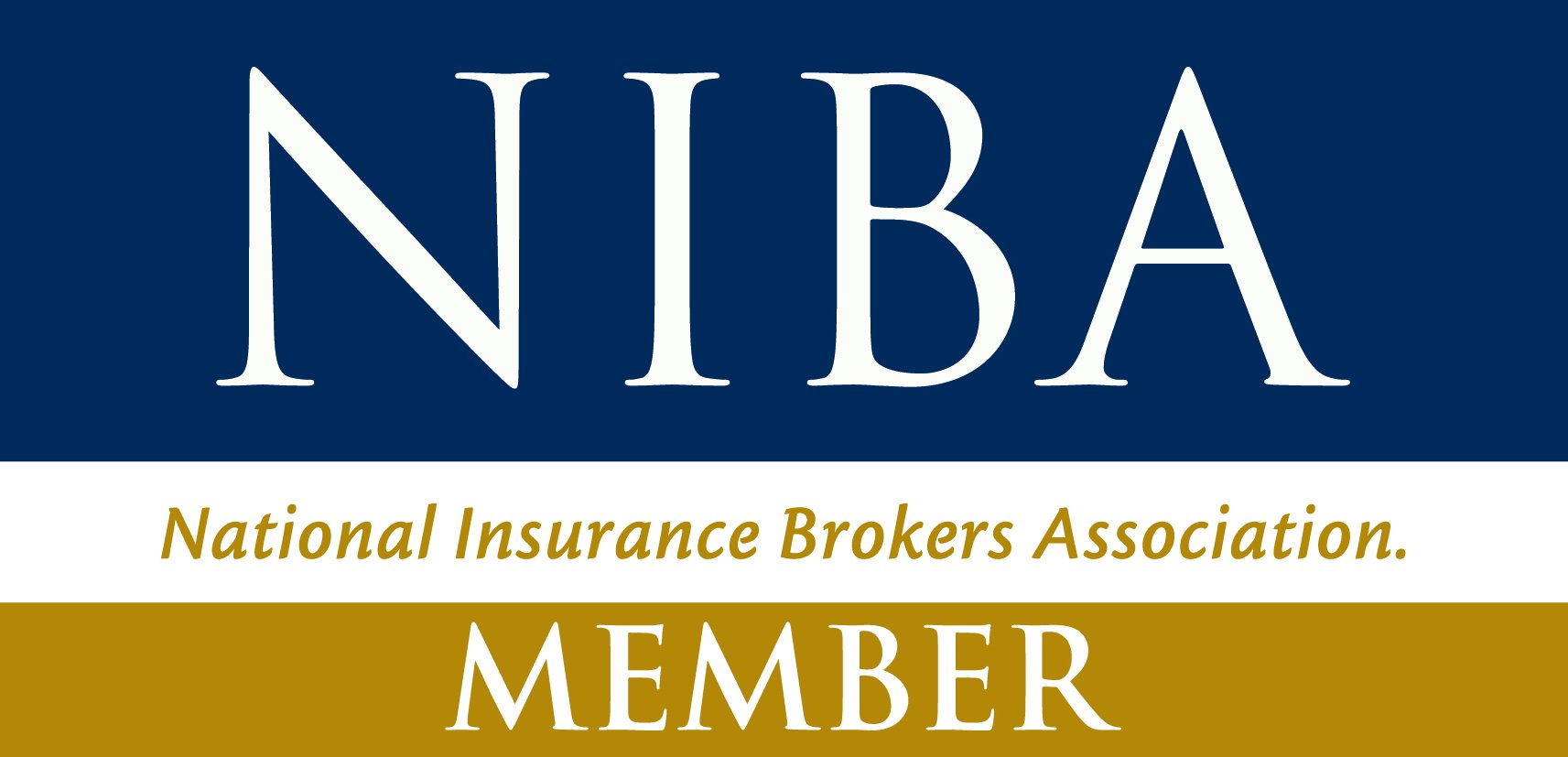Whether you’re a sole trader operating a small local business, work in a partnership, or run a large multi national company, managing your financial and business risk is critical.
A risk is something that can be detrimental to your business such as your workplace being damaged, your staff being injured, theft of any kind and the very real and increasing risk of malware and ransomware attacks and threats to your cybersecurity.
Businesses must first identify the risks, weigh up their risks and decide how much risk they are willing to take and what they can afford to do to mitigate them.
A risk management plan – to identify, assess and mitigate risks to a business
A good place to start is developing a financial and business risk management plan. An effective risk management plan involves identifying and assessing financial and business risk and then mitigating the risks that could threaten your business operations.
The most common types of risks to a business
• Strategic risk
In order to mitigate strategic risk, it is important for any business to have a clear strategy or plan in place and defined business objectives to meet strategic business goals.
• Compliance risk
Not being legally compliant or not adhering to the standards and codes of practice of your chosen industry is a risk for any business and could shut down your operations.
• Financial risk
It is imperative to have proper financial systems and structures in place for your business to mitigate financial risk.
• Operational risk
Having good administrative practices in place such as records management not only makes you more efficient, but it can also save you time and money in the long run. Equally, good health and safety practices, the right technology and equipment, the right staff training systems ensure excellent service delivery and mitigates operational risk.
• Goodwill risk
The reputation of your business is important and needs nurturing and protecting.
• Environmental risk
There are a range of external risks that could impact your business, such as weather, natural disasters, or economic conditions, and while you can’t control these, you can put measures in place to mitigate their impact on your business should they occur.
A risk management plan could be as straightforward as looking at the list above and then deciding how each of these is relevant to your business.
As a first step, identify your risks. Then assess those risks, and decide how you will lessen or mitigate the risks. It can be helpful to prioritise the risks you identify in order of greatest to smallest risk. Then you can decide how best to mitigate each risk taking into account your cash flow and budget.
Business Continuity Plan
A business continuity plan outlines the steps taken and information required for companies to start operating efficiently again after a crisis or risk event. For example, your restaurant may lose power in one of its refrigerators which means you may be unable to store ingredients. Business continuity planning will ensure you have a plan in place such as having a mobile refrigerator as a backup.
When planning for business risks, it’s important to take into consideration your continuity plan.
Managing risk with business insurance
To manage your business’ financial risk, it’s important to have all the essential business insurances in place. To help you know what you need and to find the right policies for your business, engaging an experienced insurance broker who understands your business and the market, can be a very smart move.
An insurance broker can not only do the heavy lifting for you, but they will also identify any gaps you may not have identified in your business risk assessment.
Common business insurance needs
When working out what insurances your business needs, consider the following:
What would be the impact on your business if you:
- Were without power?
- If your office or shop front or workshop was damaged and not able to open or operate?
- If your suppliers didn’t pay you?
- If there was a flood or cyclone in your area?
- If someone was injured at work or if they stole from you?
- If your computers were hacked?
- If a fire destroyed your building and all your records?
All these things can and do happen to businesses like yours every day.
Having comprehensive, tailored insurance coverage in place will not only protect your business but they’ll also give you peace of mind and let you get on doing what you do best – running your business.
It can be challenging and time consuming to work out what insurances you need. That’s where Phoenix Insurance Brokers can help. They can save you time and money, work out which policies are right for you, and even bundle your premiums together and structure them so you pay monthly as opposed to annually which can really help with cash flow.
Types of business insurance
Below is a list of business-related insurance products your Phoenix Insurance Broker can assist with:
• Business/office insurance
Business/office insurance provides cover for your business premises and contents, against loss, damage or theft, and offers protection against financial loss caused by an insured interruption to your business.
• Public liability insurance
Public liability insurance can protect you from being financially responsible for the costs of a legal claim should a third party get injured or suffer property damage while you’re conducting business.
• Professional indemnity insurance
Professional indemnity insurance protects you against legal costs and claims for damages to third parties caused by you or one of your staff, while acting within the scope of their duties.
• Management liability insurance
Management liability insurance helps mitigate management risk. It protects managers and key people (directors, owners and executives of a company) against claims of wrongdoing and the company itself against exposures involved with managing a business.
• Workers’ compensation insurance
Workers’ compensation insurance offers protection to your employees if they are injured at work or become sick due to their work.
• Equipment and plant insurance
For businesses that require it, equipment and plant insurance cover provides protection for static and mobile plant equipment, road risk liability and broad form public and products liability for businesses within the mining, excavating/earth moving, crane hire, concreting and/or related industries.
• Earthmoving insurance
Cover for earthmoving equipment, machinery and business assets.
• Vehicle and fleet insurance
Protection for a fleet of vehicles, for example, heavy motor vehicles, motorcycles, cars, utes, trailers, light trucks, transit vehicles or mobile machinery vans, or a mixture of all.
Managing business risks with Insurance
When assessing the types of risk to a business, it’s important to put a business plan in place in the event you encounter a business risk. Having the right insurances in place for your business is one effective way to manage your financial and business risk.
Phoenix Insurance Brokers has been advising clients on business insurance for more than 30 years and are experienced Western Australian insurance specialists.
We’ll work with you to identify your business risks and advise you on the types of insurance you need to minimise the risks to your business.
Contact your local Phoenix Insurance broker to discuss your insurance needs today.
Frequently Asked Questions
Managing business risks is a process of identifying, analysing and taking steps to reduce or eliminate risks associated with running a business. This includes analysing possible causes of damage and evaluating the risk of potential losses, as well as making appropriate adjustments to mitigate those risks.
Businesses of all sizes should consider managing their risks in order to protect their investments from unexpected losses associated with incidents or legal liabilities resulting from an incident.
Managing business risks helps minimise the overall costs and disruption associated with unexpected incidents so that your business can continue operations without interruption or additional costs.






















